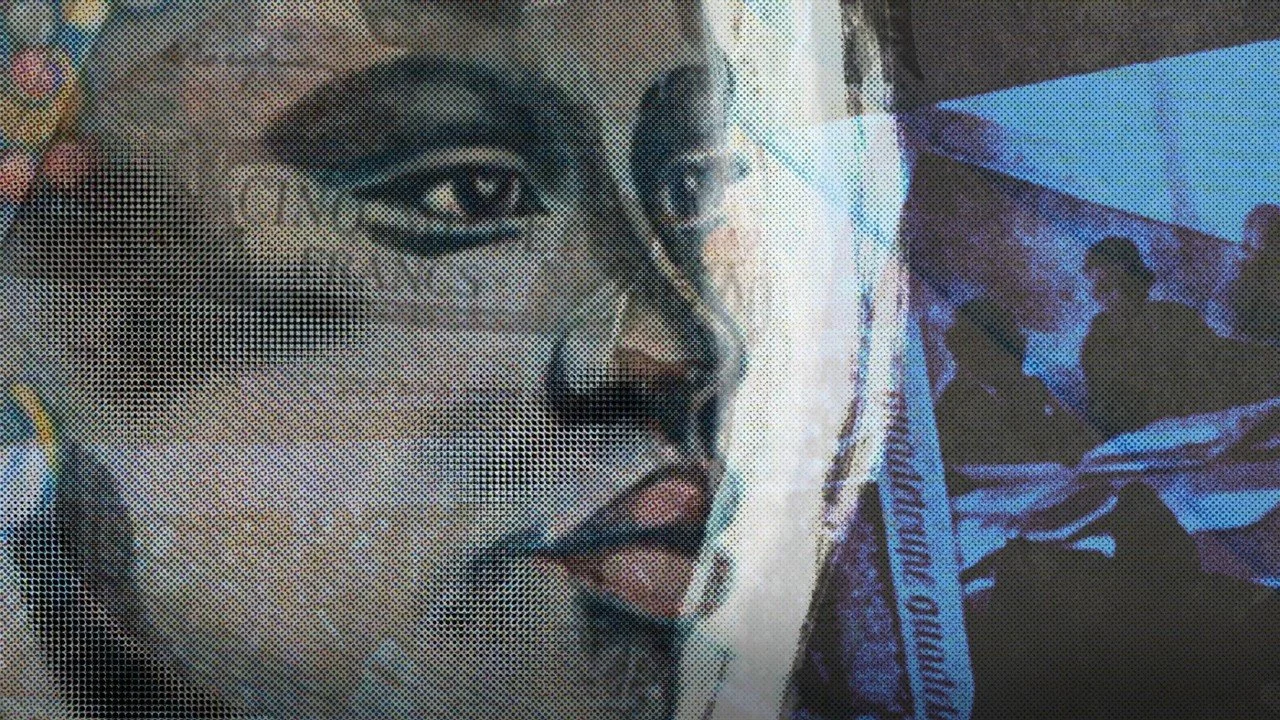Hot Docs 2023: Money, Freedom, a Story of CFA Franc
Since the dissolution of the French colonial empire in the late 1950s, former colonies in West and Central Africa have asserted their independence through free elections and self-governance. However, despite their political emancipation, nations such as Ivory Coast, Senegal, Mali, Benin, Cameroon, and Gabon are tied to their former colonial sovereign through the CFA franc. This currency, originally known as the “Franc of the French Colonies in Africa” but since labelled the “Franc of the Financial Community of Africa,” was meant to encourage trade between French colonies and guarantee their economies by tying them to France’s.
However, in the aftermath of colonization, the CFA franc has remained a way for French and European monetary interests to control emerging African economies and guarantee favourable conditions for French trade and resource interests. Money, Freedom, a Story of CFA Franc is an overview of this tool of economic colonialism, tracing the history of the currency and the ways that it’s been used to control African nations since the 1940s.
Senegalese-French filmmaker Kay Lena Ndiaye interviews scholars, economists, and former lawmakers in West and Central Africa to investigate the political influence of the CFA franc. She intersperses the interviews with compelling archival footage of the past, as well as audio clips from French presidents and key politicians over the past century. Ndiaye’s approach is most effective when she underlines hypocrisy or creates irony through the juxtaposition of comments of the interviewees with archival sound bites and clips of French politicians justifying the French relationship to Africa.
One sequence travels back in time with audio clips of every single French president clarifying the relationship between France and Africa, showcasing all the euphemisms and double-talk that hide the colonial nature of the relationship, depending on the time period. It’s a savvy encapsulation of how the CFA franc is a political tool for France to control its former colonies, not an independent economic tool that allows these nations to determine their own economic destinies.
Although the colonial dynamics of the CFA franc are made clear throughout the documentary, the overall thesis of Money, Freedom, a Story of CFA Franc remains elusive. On the one hand, interviewees speak eloquently about the need for reform and the creation of individual national currencies that are independently governed by African states. On the other hand, Ndiaye bookends the film with sequences showing family photographs and florid narration reflecting on the legacy of her family. She also frequently cuts back and forth to women working on traditional looms, creating a symbolic association between the threads that tie together textiles and the threads that bind France with its colonies. Is the film arguing for a unified African currency, a return to pre-colonial forms of governance, a true independence for all African states? The answer is unclear.
The documentary is handsomely mounted, but it lacks specificity. The interviews and archival footage are interesting, but only to a point, as they lack dramatic tension and don’t offer the story of the title that is ultimately required of a documentary that seeks to provide an overview of a subject. In the end, Money, Freedom, a Story of CFA France makes clear the political nature of the CFA franc, and how France still has a colonial relationship to Africa, but it does little to explain how exactly the currency works or suggest how its economic issues might be resolved. Simply put, I’m not sure I fully understand the CFA franc after watching the film. To be fair, the title makes clear this is not the definitive story of the CFA franc, but a story. But for something so focused on monetary theory, you’d hope the film did more to explicate the subject for its viewers.
5 out of 10
Money, Freedom, a Story of CFA Franc (2022, France/Senegal/Belgium/Germany)
Directed by Kay Lena Ndiaye.



Danny Boyle and Alex Garland’s return to the world of 28 Days Later reanimates the zombie genre.